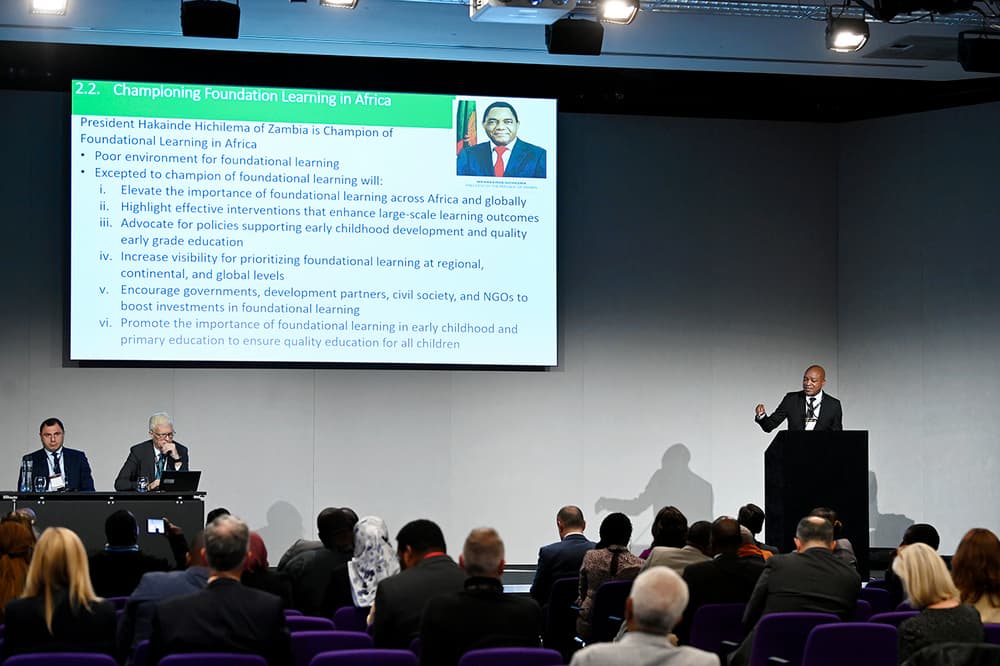Agenda theme: Growth
Learning is a powerful driver of growth, both individually and collectively. It transforms individuals by broadening their knowledge, enhancing their skills and fostering personal development. On a collective level, education strengthens human capital, promotes social cohesion and drives economic growth by creating a skilled workforce that boosts productivity and innovation. If social cohesion, well-being and economic success represent the vision, then education policy and strategy build the path to get there.
Education is not only a pathway for personal growth, but a crucial driver of socio-economic development at the local, national and global levels. By strengthening human capital, fostering social cohesion and creating a skilled workforce, education plays a vital role in boosting productivity, driving innovation and supporting sustainable growth.
What roles should education play in personal, community and national growth?
In today’s rapidly evolving world, tertiary education – both higher and vocational – is key to developing the skills needed to meet changing workforce demands, help young people transition into the labour market and promote lifelong learning. Higher education and training providers also serve as anchors within local communities, driving regional development, innovation and industry collaboration to tackle both local and global challenges.
How can links between vocational and higher education be strengthened to support a culture of lifelong learning? How should collaboration with industry ensure that education systems meet the needs of the labour market?
Education can also play a critical role in supporting sustainability by integrating environmental principles into curricula, preparing individuals for the green jobs of the future, promoting environmental stewardship, and advancing the global transition to a sustainable economy.
How can and should education contribute to sustainable development?
On the global stage, transnational education (TNE) makes world-class education more accessible, helping address issues like brain drain, meeting the growing demand for qualifications and skills, and fostering international cooperation and cultural understanding.
How can TNE support socio-economic development and growth?
The forum will explore these questions and related topics, considering how education systems can respond to the fast-evolving needs of today’s global economies, embrace lifelong learning and build stronger industry partnerships, ensuring education continues to drive economic growth, innovation and sustainability.




.png)